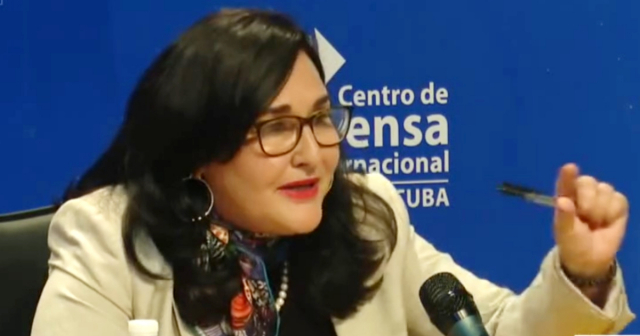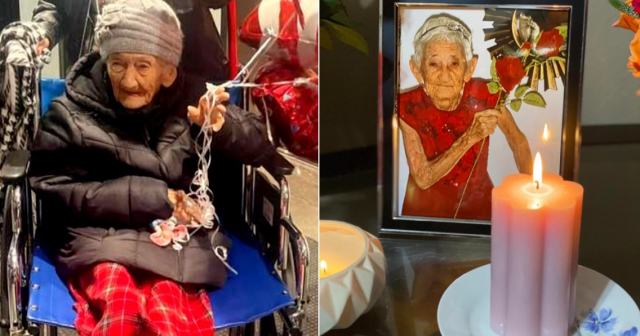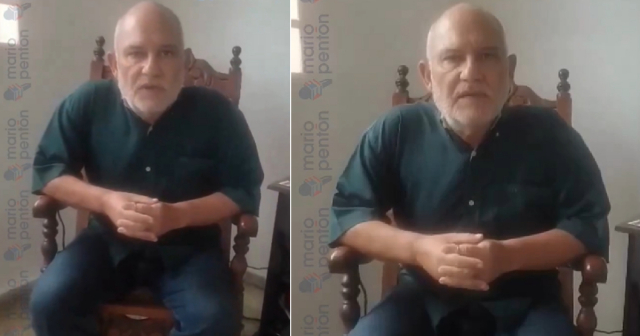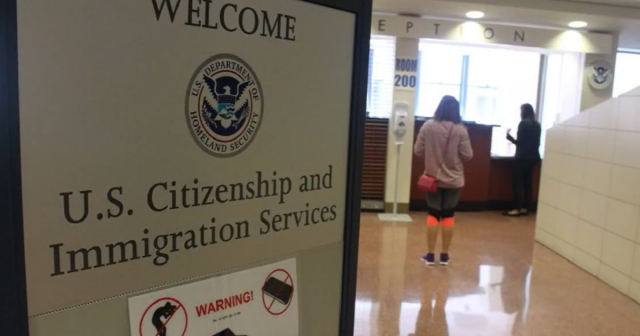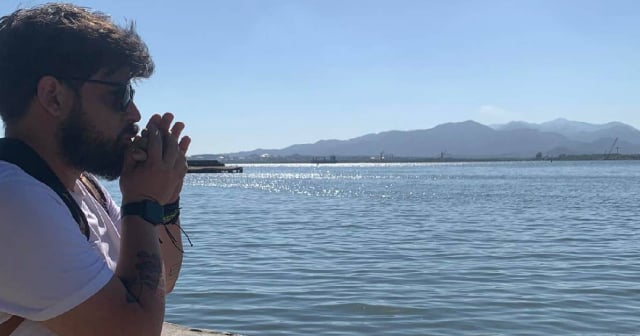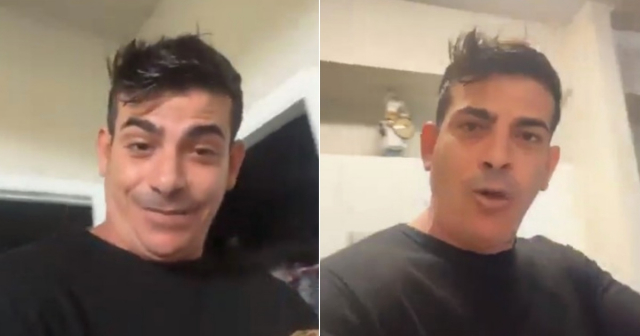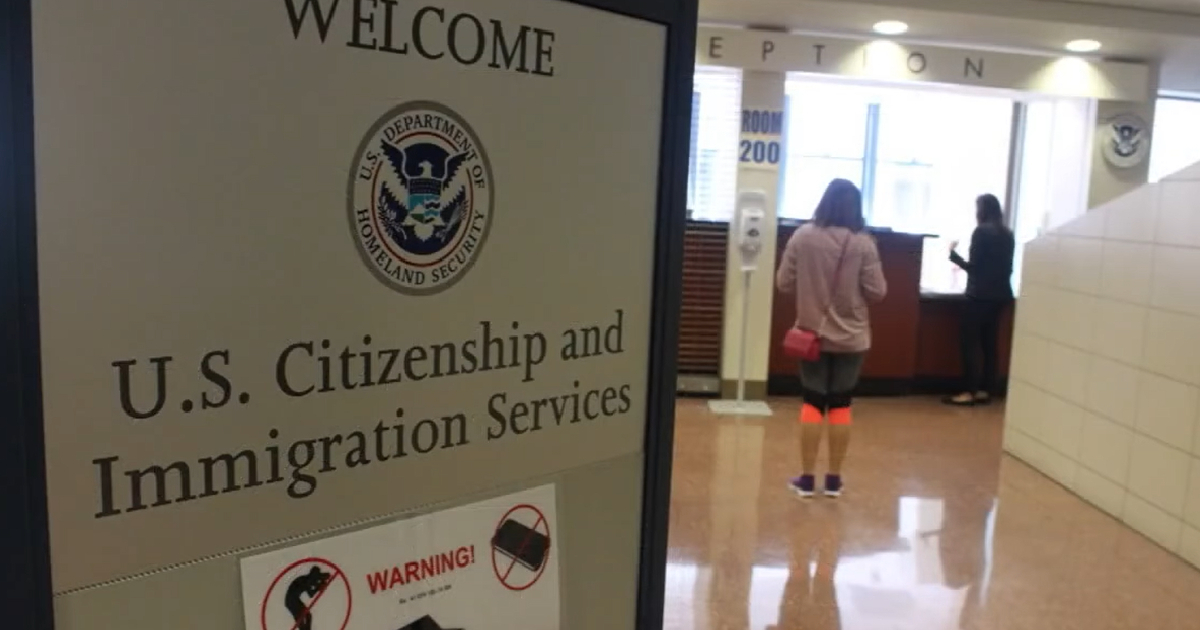
The United States Citizenship and Immigration Services (USCIS) responded to criticism over the recent wave ofdenials to humanitarian parole cases submitted by citizens of Cuba, Venezuela, Nicaragua and Haiti.
"USCIS conducted atechnical change to inform more quickly to applicants if they have been determined to be eligible to support beneficiaries of humanitarian parole parole processes. As a result, a high volume of non-confirmation notices were sent," a spokesperson toldMartí News.
US authorities noted that these notices do not reflect the potential eligibility of any individual beneficiary.
"USCIS constantly seeks to improve its processes and systems to provide services and strengthen integrity, and this effort demonstrates it," the source said.
They also clarified that they continue to "carefully" review all submitted forms, with the goal of "ensuring that potential sponsors meet the criteria and requirements described on the website and have demonstrated that they can financially support the beneficiaries they agree to support." ".
On Tuesday of last week thedenial of more than three thousand cases of humanitarian parole, among whom were numerous rejected Cubans.
The news caused great shock to those who had all their hopes placed on this program to legally immigrate to the United States.
The humanitarian parole is a program, established by the Joe Biden administration in October 2022 for Venezuela and extended in January 2023 to other countries. It intends to grant some 30,000 travel permits and deter illegal entry through the southern border.
According to official data, until the end of March 2024, more than 404,000 Cubans, Haitians, Nicaraguans and Venezuelans have legally arrived in the United States under parole processes.
More than 86,000 Cubans have been examined and approved to travel, and more than 84,000 of them are already in the United States under humanitarian parole.
Lawyers specialized in immigration issues assure thathumanitarian parole beneficiaries Those who have recently received negative responses can restart the processes, either with the same sponsor or with another one. They recommend that you always seek legal advice for each case.
What do you think?
COMMENTFiled in:

